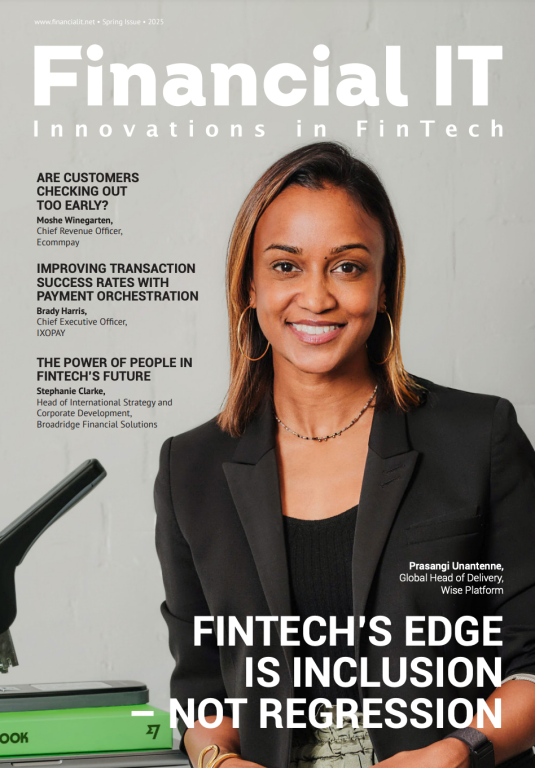Open Banking Driving Financial Innovation

- Adam Dunnett, Director at ZEDRA
- 21.07.2021 12:30 pm #openbanking #banking
Open Banking has been in force for almost three years and is catalysing major changes in UK finance and fintech
A new force is blasting through the European financial system. Open Banking is forcing traditional banks to share customer data (with permission) with third-party service providers. Open Banking is changing the landscape of finance, and London is at the forefront.
For example, Freedom Finance is a search engine for loans. Jake Ranson, Freedom Finance's chief customer officer, says the new data laws underpin its service. “It allows us to collate the most comprehensive view of a borrower and present back to them a better and broader range of personalised offers than they could have got from their credit data alone,” says Ranson.
Open Banking is making the UK attractive to American companies. Plaid, a San Francisco fintech company focussed on financial infrastructure, has opened a London office to serve its European expansion. Zach Perret, co-founder and chief executive of the company, has previously described the impact open banking has had on banks and fintechs as a “sea change”.10
Plaid's software helps to connect more than 15,000 US banks. Now European fintech companies can use Plaid's service to connect to UK bank accounts. Emma, a money management app, is one of the early adopters of Plaid's system. Perret has previously indicated that the opportunity is immense for Plaid: “For fintech in the UK, there’s this incredible boom… It’s a market we’ve always wanted to be in.”
It's still early days for Open Banking, and the opportunities are still being explored. Account aggregation is possible: so customers can see all their bank accounts, across providers, from a single log-in. And there are some imaginative uses. CreditLadder uses Open Banking to report rent payments to credit reference agencies, thus improving the credit score of the user. Habito, a mortgage broker and search service, has launched an API to allow its partners to integrate its offering within their own service. The old model of finance companies competing for consumers is ending. This is a collaborative model – where coalitions of companies come together to offer a group of services.
Will the disruption continue? Monzo bank's head of Open Banking, Kieran McHugh, said: “I think in general people tend to overestimate the potential of new technologies in the short term, and underestimate the potential of new technologies in the long term.”
One exciting avenue is the ability for start-ups to access the data of high street banks via an API. This means instant access to millions of customers for start-ups. It's why there's so much hype around the concept.
Anyone entering the UK financial markets is without a doubt going to hear a lot about Open Banking. The impact of the revolution is yet to be felt, but make no mistake, there are profound implications on the horizon. In the US, large tech companies are already established to reap the benefits of open banking.
Google has become the latest firm to move into banking by offering smart current accounts. Ultimately, it is this proximity, the laws, language and unique time zone that truly set London apart as the fintech capital of the world.






















